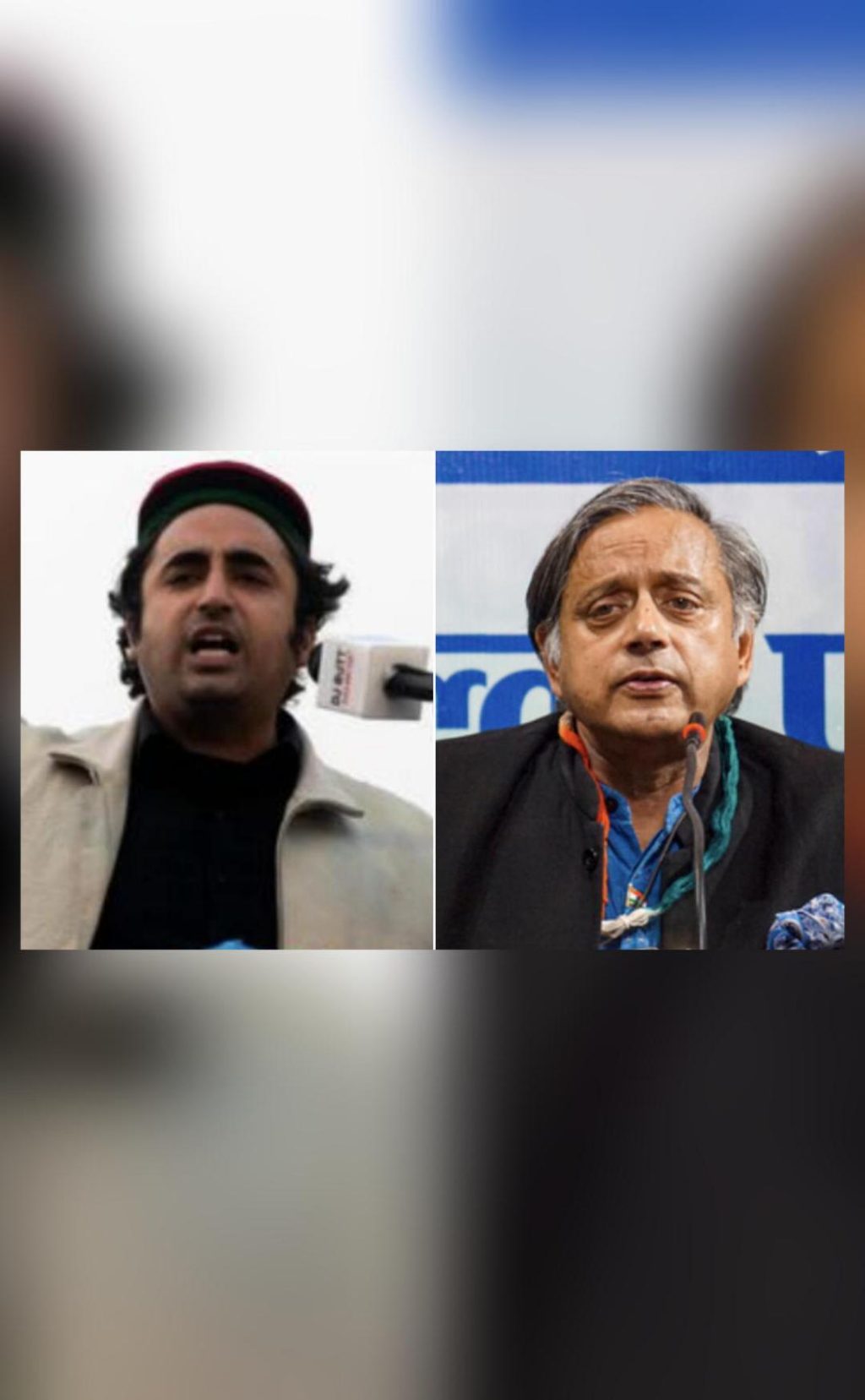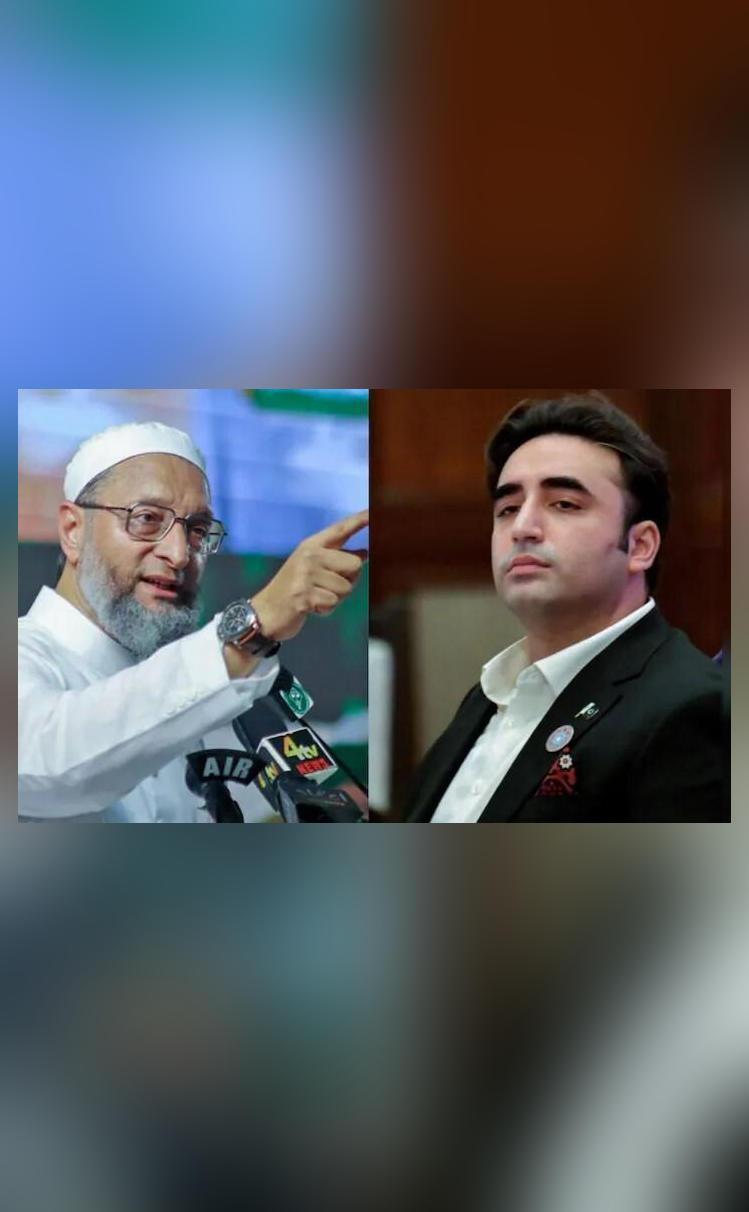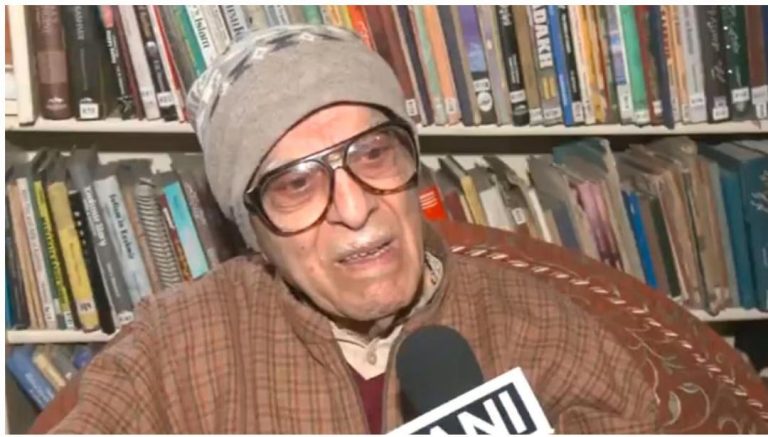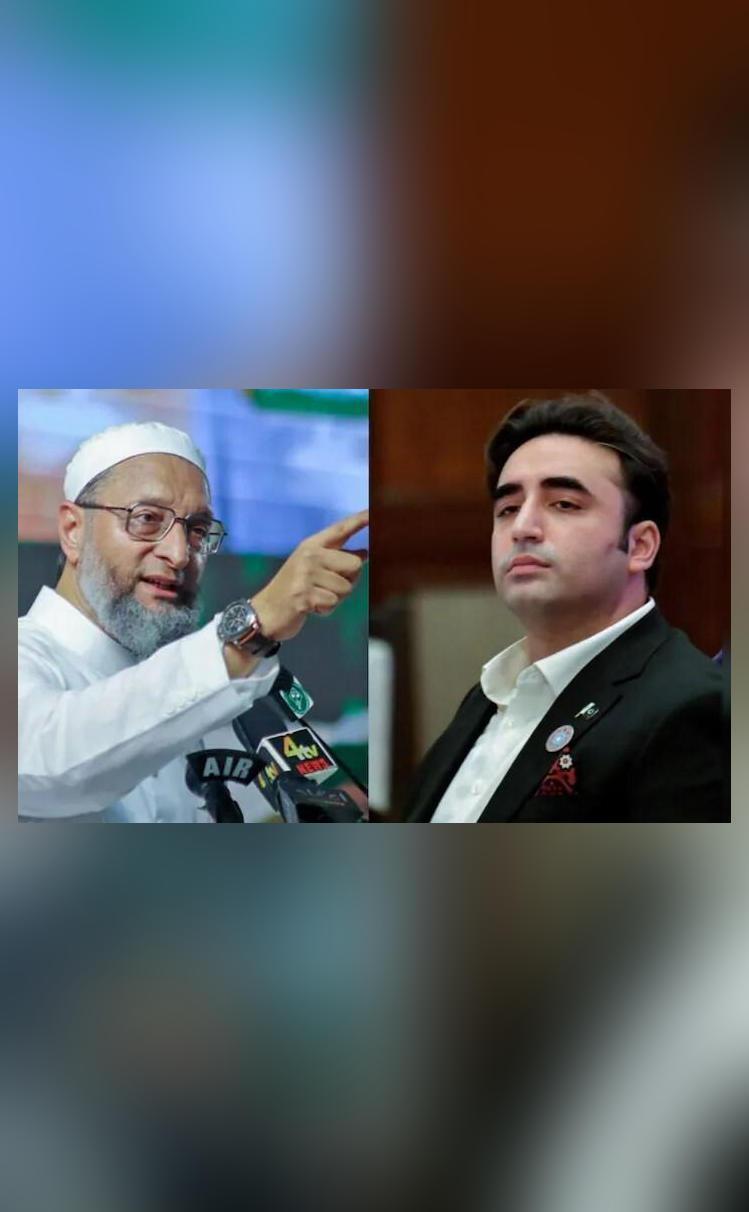
Just inflammatory rhetoric: Tharoor on Bilawal Bhutto’s remark
In the ongoing saga of diplomatic tensions between India and Pakistan, the latest salvo has been fired by Pakistani politician Bilawal Bhutto. In a recent statement, Bhutto reacted to India’s decision to suspend the Indus Waters Treaty over the Pahalgam attack, saying that “India is committing suicide” and that “Pakistan will not be intimidated by India’s threats”. However, not everyone is buying into Bhutto’s rhetoric, including Congress MP Shashi Tharoor.
Tharoor, known for his sharp wit and incisive commentary, has dismissed Bhutto’s remarks as “just inflammatory rhetoric”. In an interview, Tharoor said that Pakistanis need to understand that they cannot kill Indians with impunity. “Pakistanis have to understand they simply can not kill Indians with impunity,” Tharoor stated. “If blood is going to flow, it will flow possibly more on their side.”
Tharoor’s comments come in the wake of the Pahalgam attack, in which a group of terrorists targeted a bus carrying Hindu pilgrims, killing several people and injuring many more. The attack was widely condemned by governments and organizations around the world, and India has responded by suspending the Indus Waters Treaty, a decades-old agreement that governs the sharing of water resources between the two countries.
Tharoor’s reactions to Bhutto’s remarks are not surprising, given the ongoing tensions between the two countries. However, his comments also highlight the dangers of inflammatory rhetoric in international politics. At a time when the world is already grappling with numerous crises, the last thing we need is for world leaders to resort to cheap shots and divisive language.
In recent years, Pakistan has been plagued by terrorist attacks, and the country has struggled to combat the threat posed by groups like the Taliban and the Haqqani network. However, rather than addressing these internal challenges, Bhutto’s statement seems to be trying to deflect attention away from Pakistan’s own problems and onto India.
Tharoor’s comments also highlight the importance of maintaining a level-headed and rational approach to international diplomacy. Rather than engaging in inflammatory rhetoric, world leaders should be working together to address the complex issues that face us. In the case of India and Pakistan, this means finding ways to reduce tensions and promote peaceful coexistence, rather than resorting to threats and bluster.
It is also worth noting that Bhutto’s statement has been widely criticized by analysts and experts, who have argued that it is irresponsible and potentially inflammatory. In a statement, the Pakistani Foreign Office said that the country was “deeply concerned” about the situation and called for “restraint and calm” from all parties involved.
In conclusion, Tharoor’s reaction to Bhutto’s remarks highlights the dangers of inflammatory rhetoric in international politics. Rather than engaging in cheap shots and divisive language, world leaders should be working together to address the complex issues that face us. It is time for Pakistan to take responsibility for its own actions and to work towards a more peaceful and stable region.



